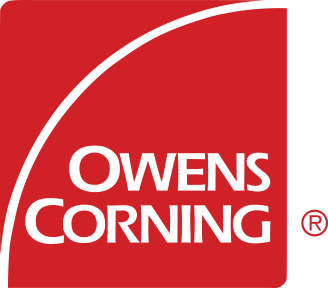Employee Q&A: Mental Health Awareness and Resources
Rubens Cardoso, Environmental, Health, and Safety Leader

Our people making a difference is a series featured throughout Owens Corning’s 2023 Sustainability Report.
Owens Corning has made mental health a priority, and sites everywhere are embracing our efforts to provide emotional support for our people. One great example is in Rio Claro, Brazil, where Rubens Cardoso is leading a number of initiatives to help employees at the glass reinforcements solutions plant understand their mental health and the resources that are available to them. Rubens was instrumental in bringing suicide prevention workshops to the plant (see page 121), and his commitment to caring for his colleagues is apparent in his approach.
On the importance of protecting mental health at work
I am an engineer, not a psychologist, but the human mind is very complex. If someone has concerns — with their family, bills to pay, or something like this — they will do the best they can do in their job, but a part of their mind will be focused on that other problem. Every year, we do a lecture to prevent suicide and expose our team to EAP+ and other channels we have in Brazil to help with those who are sometimes suffering in silence. We have resources to support them and their families, and it’s important to say to them that they are not alone.
On the connections between physical safety and psychological safety
We encourage people to discuss safety by itself. If they don’t have the PPE, the resources, or the training to complete a task, they can raise their hand and say they won’t do it. Once people start to hide their emotions and fragilities, we start on a bad cycle. To break this, we must give the employee a voice and empower them, and then we can work together. The Safer Together campaign is very good because of this. We are together, and we can help other people to raise their bar and really be safe. It is the safety part, but also the psychological part, the mental part, and the health part. Sometimes if I’m suffering, I may not realize that I’m suffering. But the people who work with me can sometimes detect a behavior change in the person. When they realize that a colleague or a friend is suffering, they can help that person get access to help.
On the role people can play in helping their co-workers
I believe that we can support our employees, in a humane way, and help them understand not only the EAP program, but also all the other kinds of support. Sometimes when people are in a crisis, they might not remember that we have the EAP. They don’t remember that they can look for support for a professional psychologist or therapist. These are very important resources, and in the future, I would love for everyone to be aware of these resources and how they can access them.

